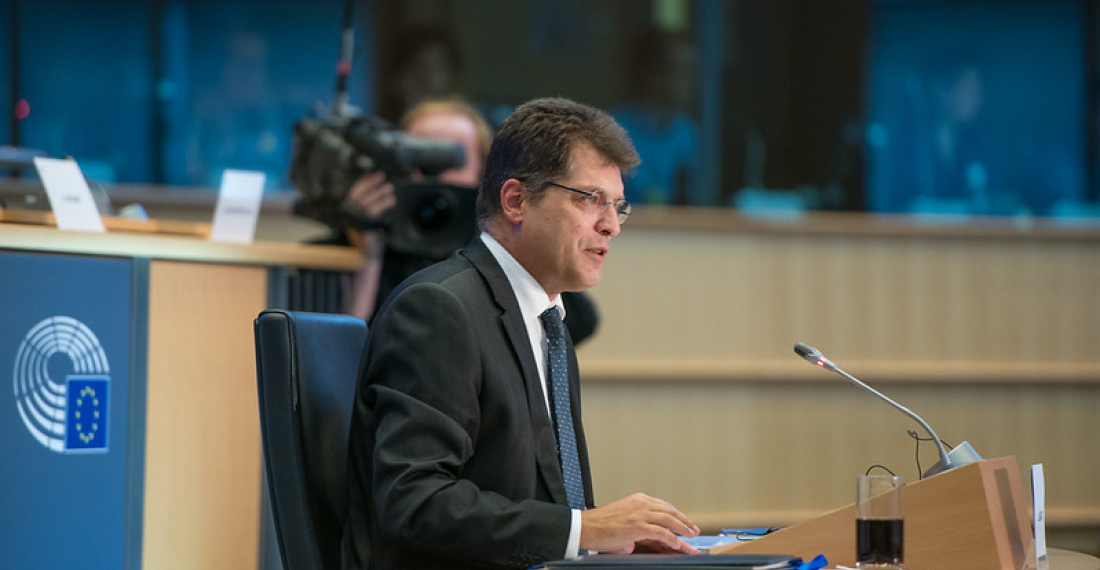European Union officials are considering suspending funding to Ethiopia in light of the ongoing conflict in the nation’s Tigray region.
The EU provided 815 million euros of budget support to Ethiopia in the past seven years through 2020. EU officials meeting later this month will decide whether to delay an additional 90 million-euro because of the impact the violence has had on human rights.
“The EU will take further decisions on budget support for Ethiopia in light of developments on the ground and based on a specific request by the government,” Ana Pisonero-Hernandez, a spokeswoman for the European Commission, said in an emailed response to questions. “No decision has been made yet as to a potential 90 million-euro budget support measure before the end of the year.”
Any decision to reduce aid that finances about 13% of the nation’s budget would strain an economy already struggling to deal with the impact of the coronavirus pandemic and the conflict. Economic growth is forecast to slow to 1.9% this year from 9% in 2019, according to the IMF.
Fighting that erupted in Tigray on Nov. 4 has resulted in heavy casualties and forced tens of thousands of people to flee their homes. EU Crisis Management Commissioner, Janez Lenarčič, will fly to Ethiopia on Tuesday to urge Peace Minister Muferiat Kamil to end a blockade on international aid organizations accessing Tigray.
“I wish to urge the Ethiopian authorities one more time to enable full and unrestricted access of humanitarian workers and humanitarian aid to all areas affected by fighting,” Lenarčič said on Monday.
Ethiopia hosts the second-largest refugee population in Africa. Lenarčič will then travel to neighbouring Sudan, where more than 45,000 of Tigray residents have sought refuge from the conflict.
Read Janez Lenarčič's statement from last week here.






